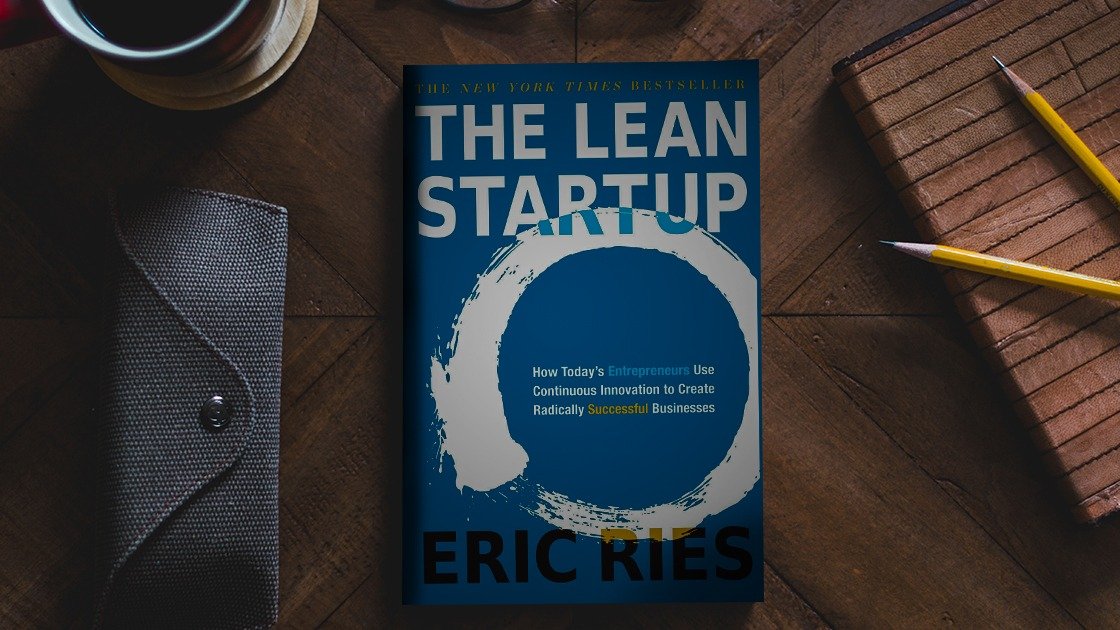Startups and Failure come hand in hand. What to do to change the formation of companies and their product launch? How to create a successful and yet feasible approach towards business growth?
According to Eric Reis, the author “A startup is an organization dedicated to creating something new under conditions of extreme uncertainty.”
However, It is easier to focus on making more money and that is one of the main reasons, one plans to establish a business. The main feature where an individual must focus the energy is “learning”. The lesson learnt before making money.

Innovative startups are extremely favourable in the current economic environment. There is an enormous number of ideas around the world. But in according to the author it is extremely difficult to find a successful approach. It is essential to determine strategical and systematical planning, such that one can obtain consistent growth.
We spend a lot of time building up a product, figuring out the loose ends and mandatory features in the product. According to the author, the most essential of all is the need for the product!
For instance, you’d ask yourself, “Does the market need the product you are building?”
The core content of the book revolves around this message:
It’s not about, Can it be made?
It’s about, Should it be made?
We all do wrong things and often, we end up making a lot of mistakes. Sometimes, efficiency comes in handy but, it is also necessary to put your efforts into the right thing. We need to keep experimenting to know if we are working on the right side.
The lean manufacturing revolution includes various aspects of business building and growth. For example:
-
The ideas and knowledge of the workers
-
Construction of smaller batch proportions
-
Implementation of in-time production
-
Acceleration of the production cycle.
A science for entrepreneurship. “The Lean Startup,” tells you about business, especially startups. According to the author, the scientific approach of research helps to build the growth of the business. The books revolve around the start, growth and maintenance of the business.
The author uses real case studies throughout the book, illustrating various principles. Most of his experiences come from IMVU, the social media game company.
It is vital to measure and find out the source and status of product development. MVP(Minimum Viable Product) is the most basic version of the build-measure-learn loop.

Planning is useful only when it comes with a predictable future and the predictability of the future comes with the determination of growth. To achieve sustainable growth, it is essential to build your business for a long-term impact. Thus, growth can be made consistent by putting efforts towards the same.
To summarize it all, the author describes the following three different engines of growth:
1.Sticky engines of growth:
These rely upon the repetitions. The startups must concentrate on the engagement rate.
2.Viral engines of growth:
The product here is exposure to customer use. It accentuates around a feedback loop.
3. Paid engine of growth:
This features the traditional method of advertising.
Thus, It is important for the business to acquire a new consumer at a lower price than the potential profit.
According to the author, a startup must focus only on one of these engines for growth. It keeps the process of decision making apt. Throughout the book, Eric Reis offers a calm tone over the method of “the Lean Startup”. Towards the climax, the author takes a turn to convert this method into a movement. In conclusion, this sensible yet, urgent appeal towards the importance of startups makes the epilogue of the book a worthy component.
For additional information from the book and bibliographies, visit theleanstartup.com



